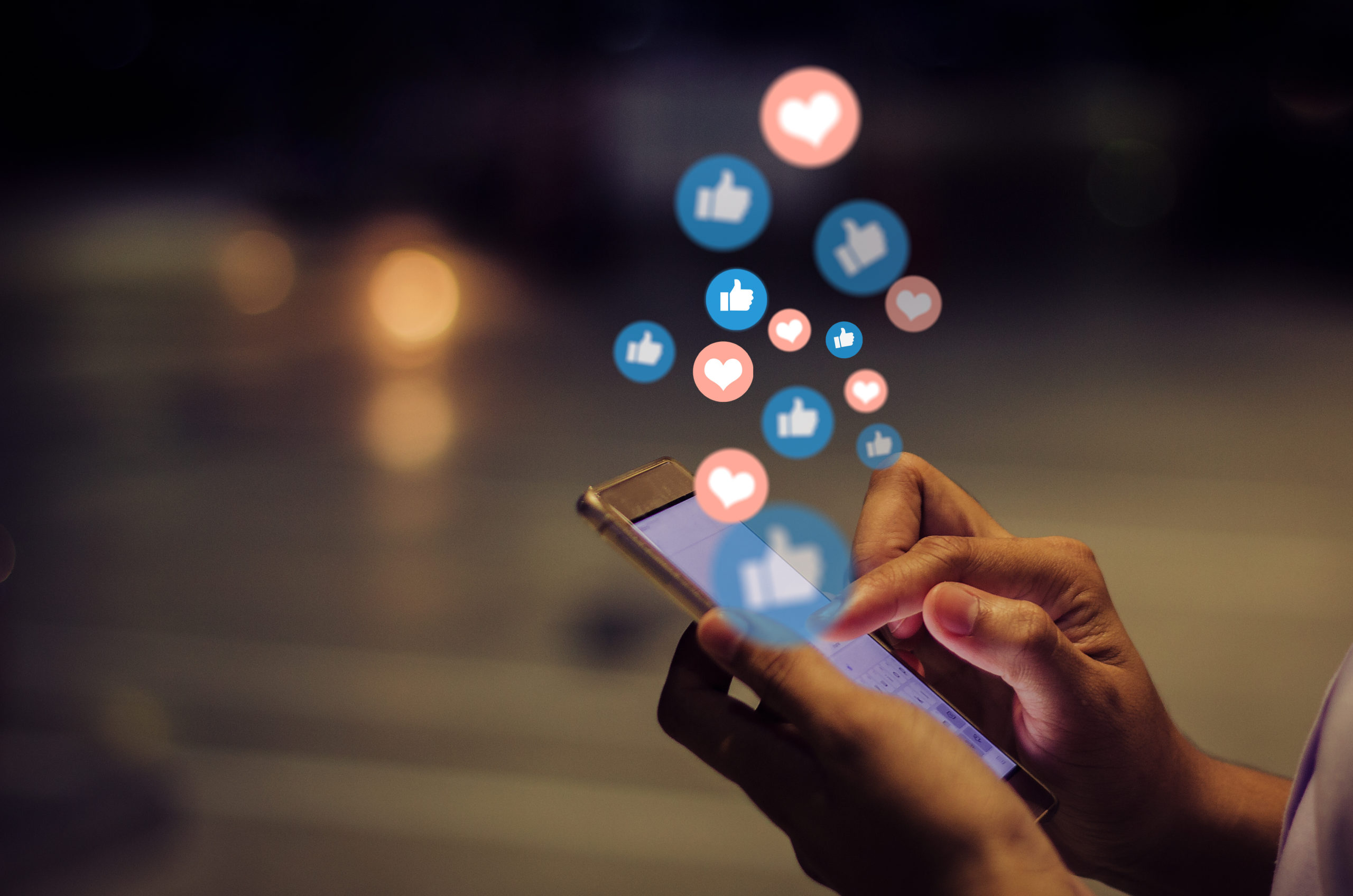Social media channels like Facebook, Twitter and Instagram can certainly serve a lot of good when it comes to recovery. As we’ve mentioned before on our blogs, many viral movements like Dry January use these outlets to promote a positive message and offer support. But on the flip side, there are many instances when social media can hinder someone’s attempt to get clean; particularly when it comes to peer pressure or glamorizing certain behaviors.
The website MarketWatch recently addressed this topic, calling out some of the negatives when it comes to social media and sobriety. Interviewing addiction specialists and those who have gone through recovery, their article helps to paint a picture of the risks involved when you become too consumed with your feeds.
Alcoholism was one of the big red flags when it comes to this type of experience. It is a legal substance and often gets advertised (and glamorized) on places like Facebook and Instagram. Influencers promote brands quite frequently too, showing off a beautiful image that includes a sexy placement of their favorite beer, wine or tequila label.
And, as the article correctly points out, it can be your own network of peers and friends that truly tips the scales. A common feeling people get when browsing their feeds in classified as “FOMO” or the “Fear of Missing Out.” If you are working on your sobriety and all of the sudden see friends posting “fun” party pictures filled with booze, you may find yourself tempted to indulge as well.
Jacqueline Dawson, an addiction specialist who spoke with MarketWatch, explained some of these feelings that a recovering alcoholic may experience.
“Seeing these types of pictures could confuse you or pressure you to want to do what they’re doing,” Dawson told the site. “If the idea of seeing people on your feed socializing or celebrating with alcohol bothers you, you probably should cut back or be careful in how much social media you consume, especially if you’re early in recovery, where you could be easily influenced.”
Now, of course, we wouldn’t want you to Unfriend people in your network just because they post pictures of themselves celebrating with alcohol. But if these types of images create hardships for you, it is recommended to mute the accounts of these types of friends. You can still stay connected with them, but you won’t get any upsetting posts on your feed.
And on the flip side, MarketWatch echoed our sentiment of trying to populate your feed with better, more inspiring content. If possible, choose to follow brands or accounts that promote sobriety. The hope would be that these types of images would empower you and offer support if there are indeed times when you are struggling.







